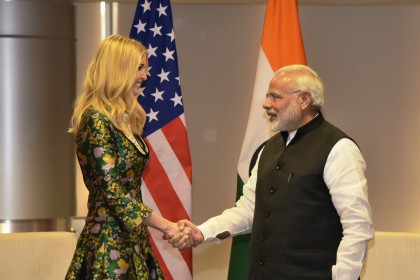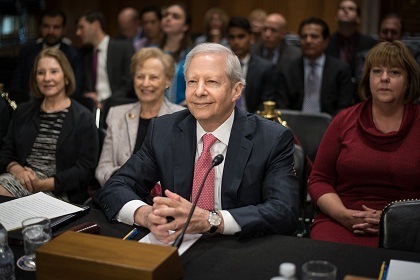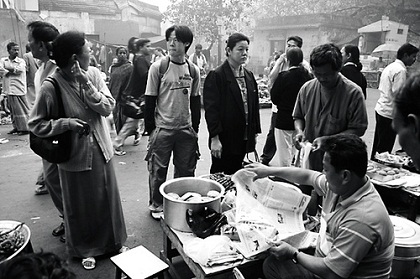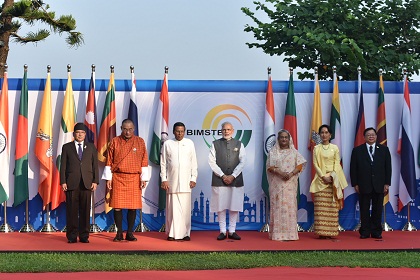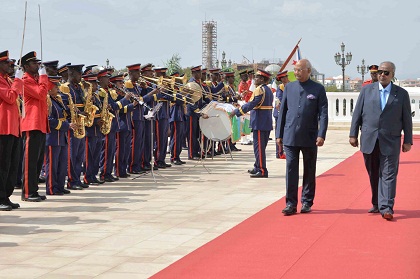Bombay’s Chinese cultural links
Bombay city has always had a soft corner for everything Chinese. It was a taste created by the early Parsi merchants, who profited significantly from the cotton and opium trade with China in the second half of the 19th century. There is no confirmed date on when the Chinese first came to Bombay, bringing with them some unmatched skills, besides their cuisine. But today, it’s a reinvigorated economic engagement: Chinese goods flood Mumbai’s markets. Chinese companies and a bank are setting up base, while Indian conglomerates, in turn, are acquiring a growing presence in China


